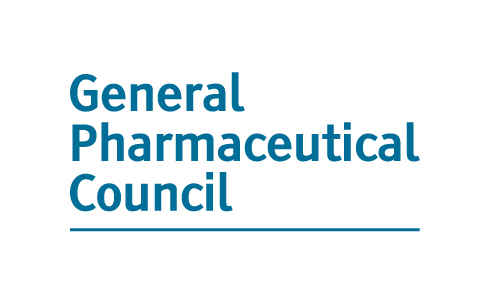Pharmacists need to be safe at work
)
Pharmacists are trained to prioritise patient safety, but their own safety should also be a concern for them and their employers. Yet, consistently in surveys of PDA members over the last three years, more than one third of pharmacists do not feel safe for at least half of their time at work, and 20% report not feeling physically safe for most or any of the time.
In recent years, the biggest concern for physical safety has related to the risks of violence in pharmacies as far too often behaviour including threats, abuse and sometimes physical violence against pharmacists and their teams has been experienced. Over the last 18 months, the additional risk of exposure to the Covid-19 virus has added to the existing concerns for physical safety.
The PDA is calling on employers and those working in pharmacy to come together to protect pharmacists, their teams and those that visit to access health care and advice.
Worryingly, the same weekend as demonstrations against on-going Covid-19 restrictions took place in Trafalgar Square led the BMA to call for a police investigation into serious threats made towards nurses and doctors, a pharmacy in the Lake District was vandalised with anti-vax slogans daubed on the exterior in yellow paint. The PDA condemns the vandalism and support the BMA’s position recognising that the potential combination of Covid-19 and violent attitudes directed towards health professionals should be a watershed moment, which causes anyone who has not recently considered the physical safety of pharmacy teams to do so now.
Community pharmacy contractors, just as any employer would be, are responsible for the safety of employees and any locums that are working for them and/or within their premises. Failure to meet that legal duty can leave employers subject to action. The PDA will support action against employers who fail to protect their staff from violence in pharmacies.
However, as healthcare professionals, the PDA also knows “prevention is better than cure” and actively encourages employers to proactively take measures to keep their workplaces safe. For example, the PDA has published a Resource Pack on violence in pharmacies that is a useful tool to identify mitigation against the risks involved. This is downloadable for FREE from the PDA website: https://www.the-pda.org/violence-in-pharmacies/
The newer major physical risk is Covid-19, and when it looked possible that the UK government would remove all compulsory pandemic safety measures from community pharmacy, it was reported that some contractors were planning to leave critical safety measures to each patient’s “personal choice”. This is something the PDA described as beyond extraordinary because it would not consider the strict legal duty on employers to maintain safe and healthy workplaces, or the fact that action can be taken against them if a safe working environment is not preserved.
At that time, over three quarters of the 2,381 pharmacists that responded to a PDA survey said that they believed that all staff in their workplace should be required to wear masks, and almost 82% said that patients and others attending a health care setting such as a pharmacy, GP practice or hospital should also be required to wear a mask. More than two thirds of those taking part in the survey practice in community pharmacy. In fact, NHS England confirmed that community pharmacy should continue with masks (unless exempt) and other IPC controls, the same as any other healthcare setting.
However, when the national requirements are eventually ended in Community Pharmacy too, employers should remember that within the role and responsibilities of the Responsible Pharmacist (RP) is their duty to secure the safe and effective running of the pharmacy and, if the RP believes that a pharmacy is not safe, or patients are at risk, then they will need to act. This could involve limiting the number of people entering the pharmacy, requiring patients to wear a mask, or even deciding to close a pharmacy if it cannot remain open safely. Such a scenario may be reasonable, but effective action by employers could prevent the RP ever having to make such a decision.
The PDA encourages employers to engage and consult with pharmacists about safety. In places such as Boots and LloydsPharmacy, who have already recognised the PDA, this can be done through the union’s safety representatives. Together, employers and employees can and should positively manage physical safety risks and keep everyone safe at work and when visiting a pharmacy.


)
)
)
)
)
)
)
)
)
)
)
)
)
)
)
)
)
)
)
)
)
)
)
)
)
)
)
)
)
)
)
)
)
)
)
)
)

.png/fit-in/500x500/filters:no_upscale())
)
)
)
)
)
)
)
)
)
)
)
)
)
)
)
)
)
)
)
)
)
)
)
)
)
)
)
)
)
)
)
)
)
)
)
)
.png/fit-in/1280x9999/filters:no_upscale())
)
)
)
)
)
